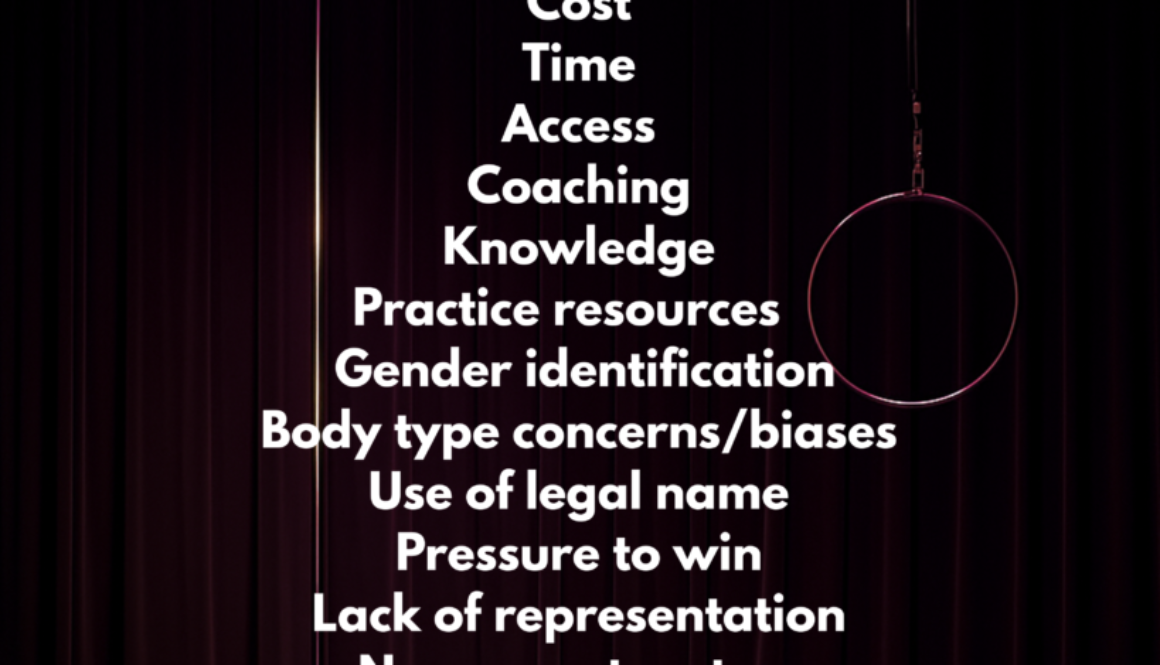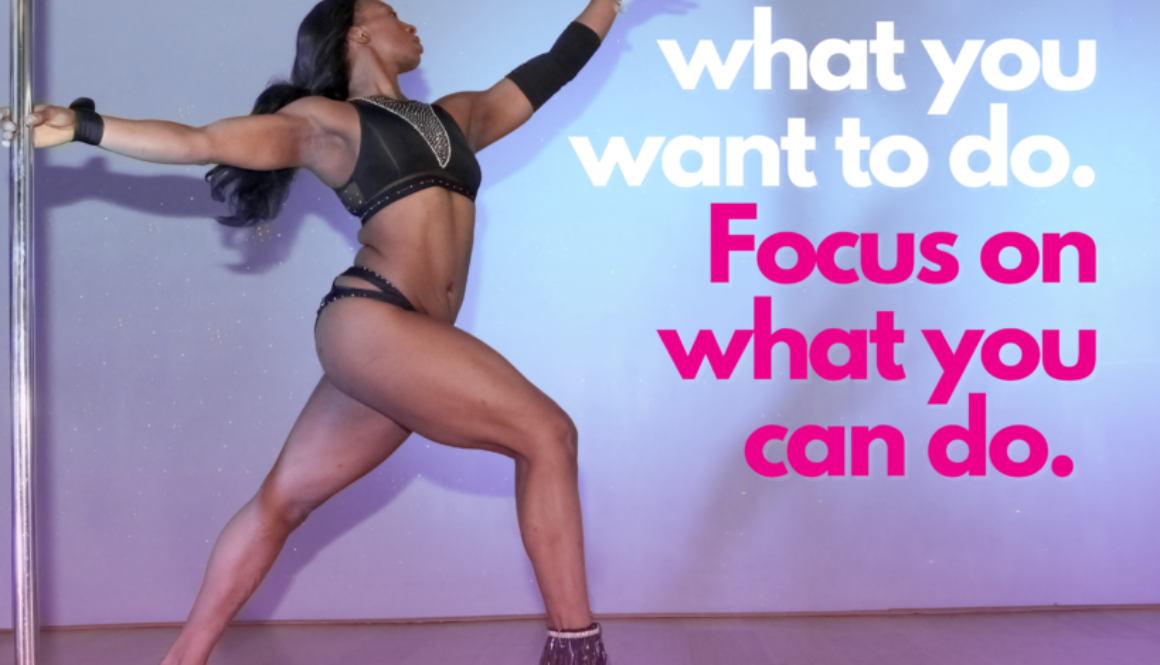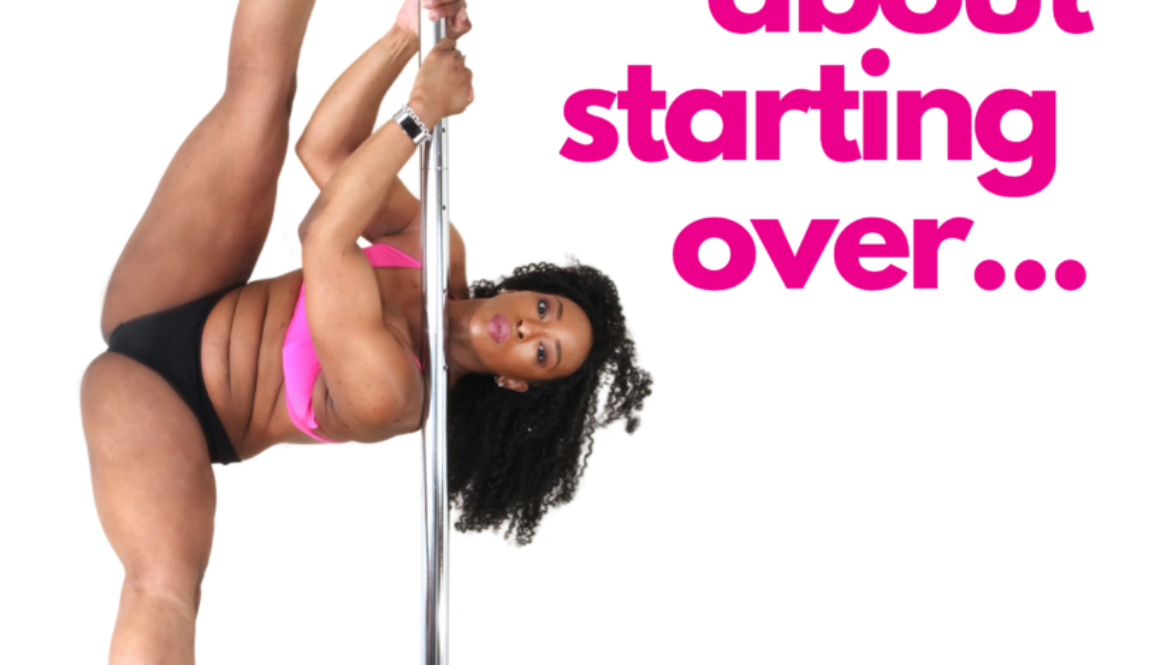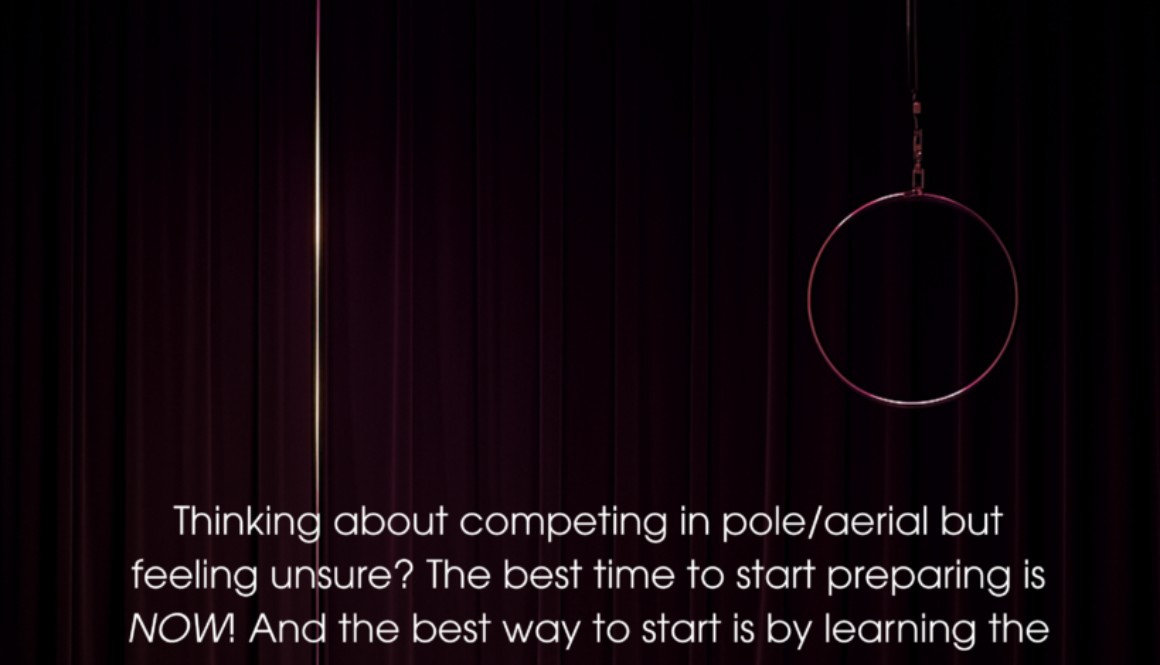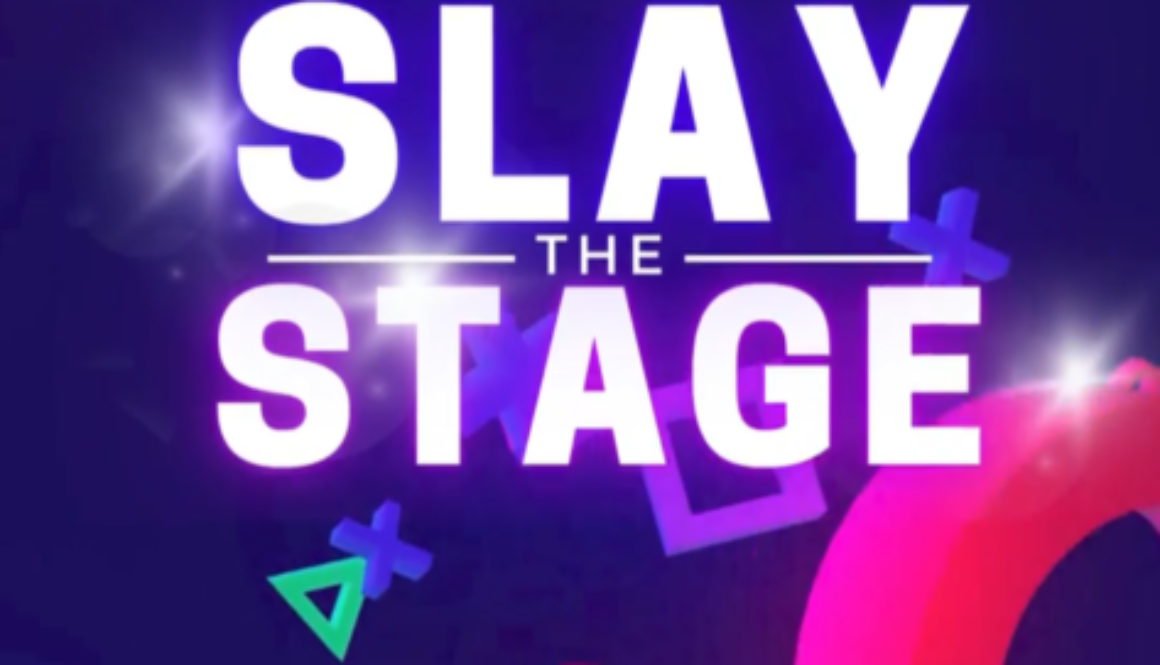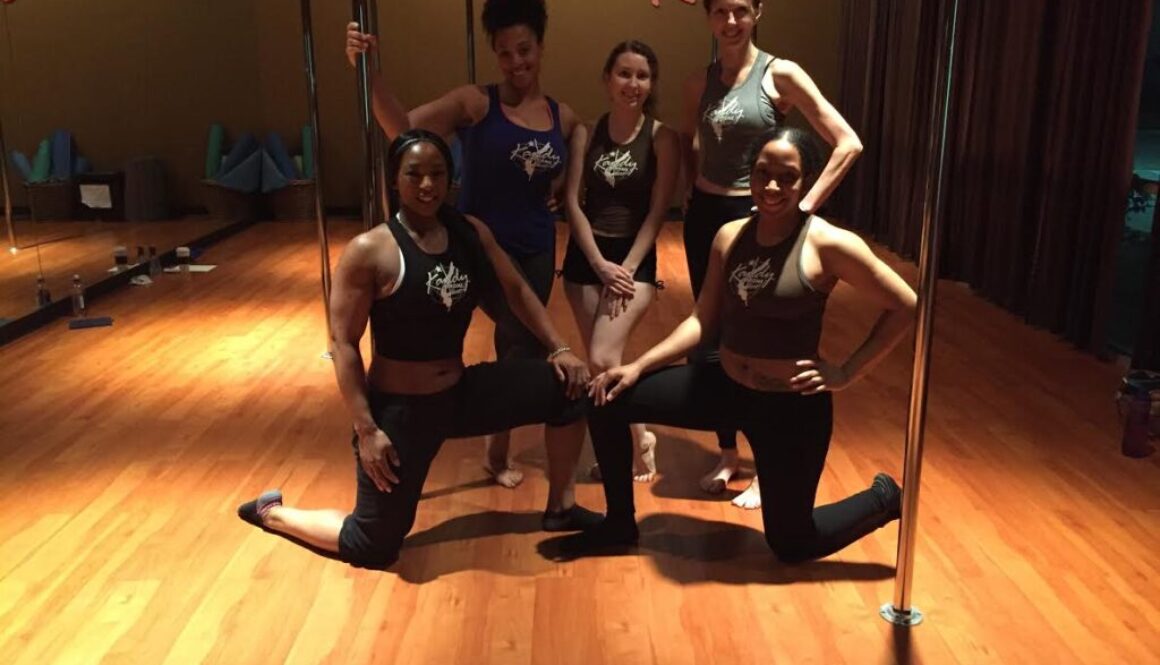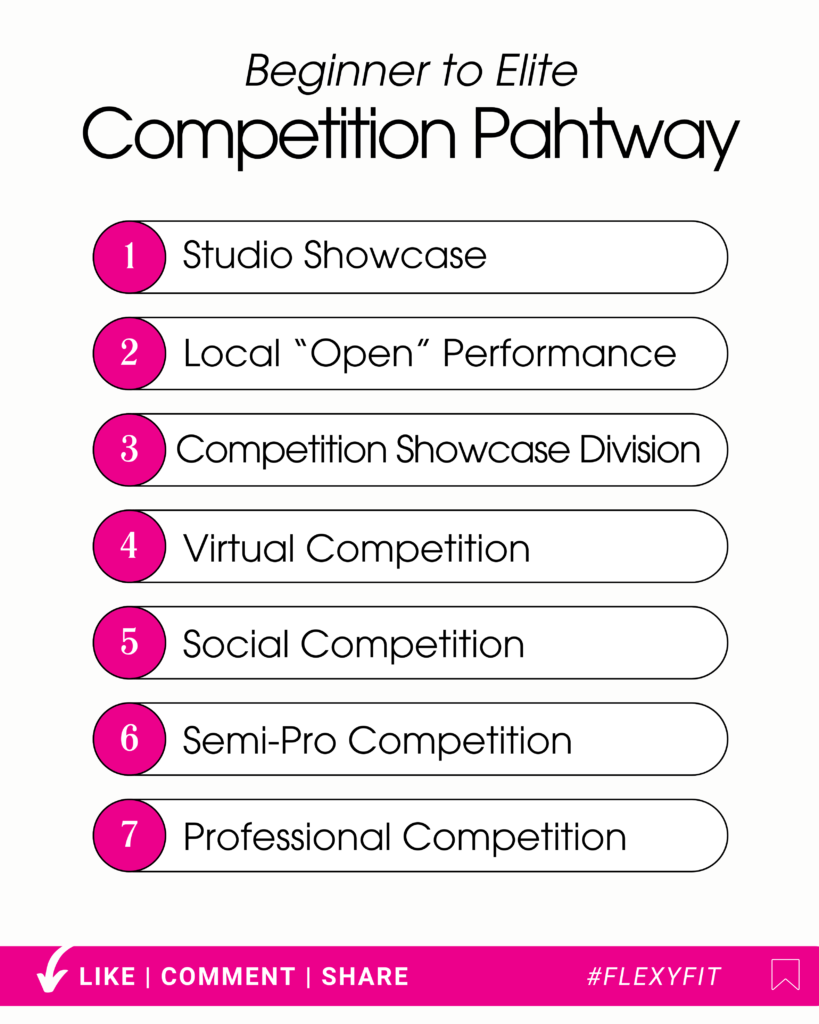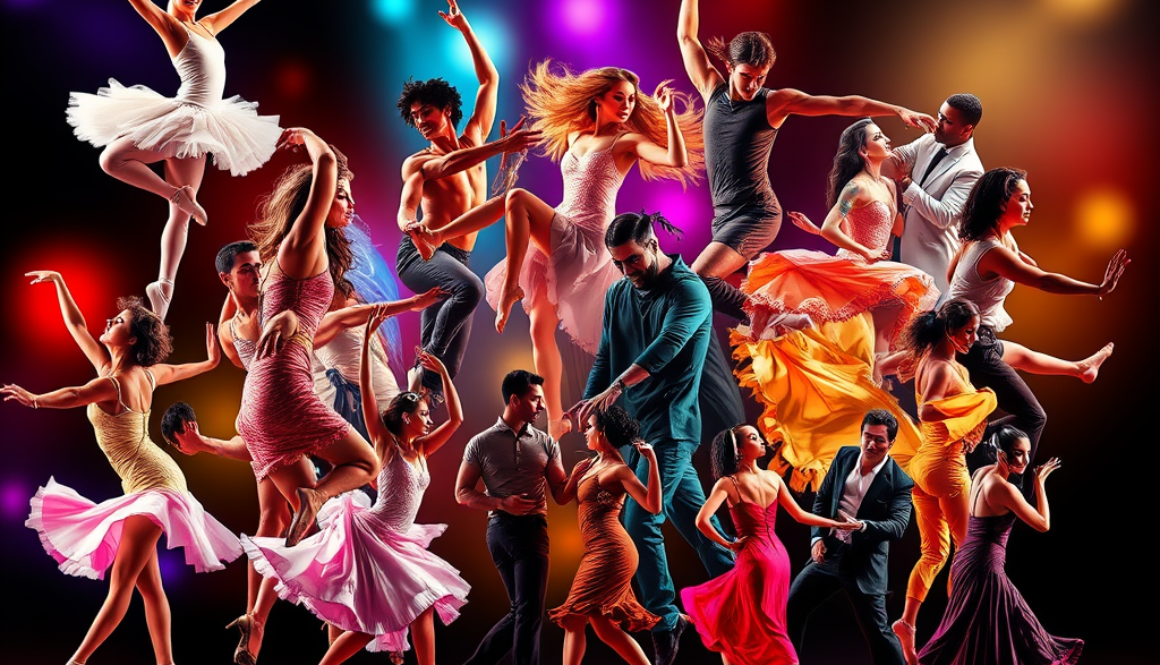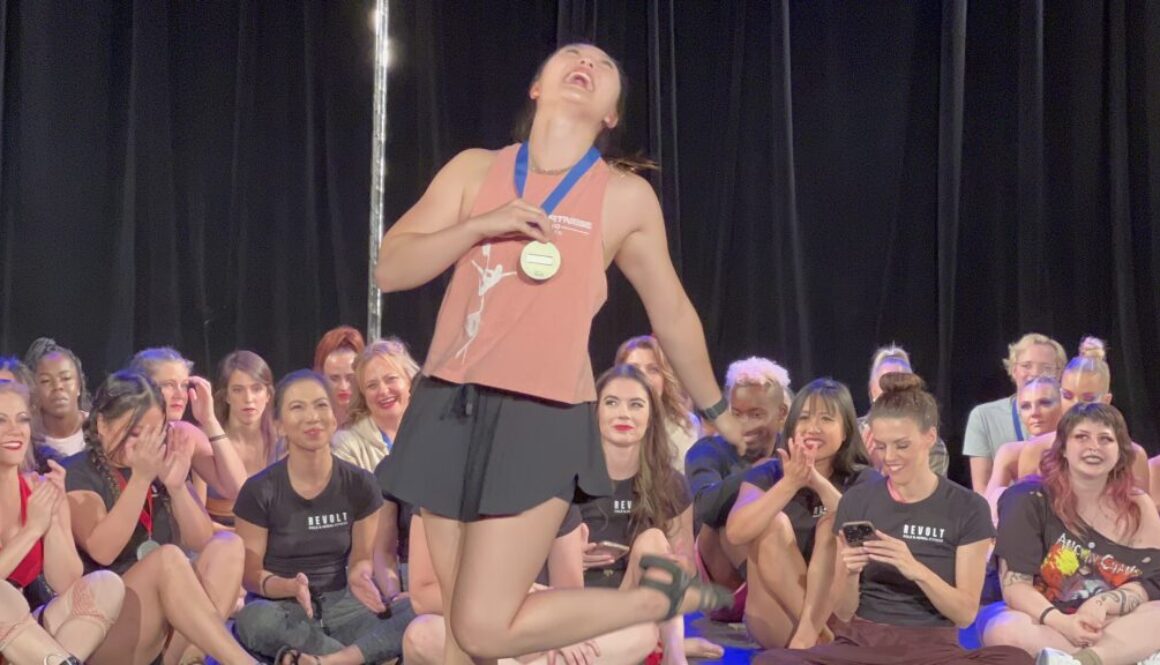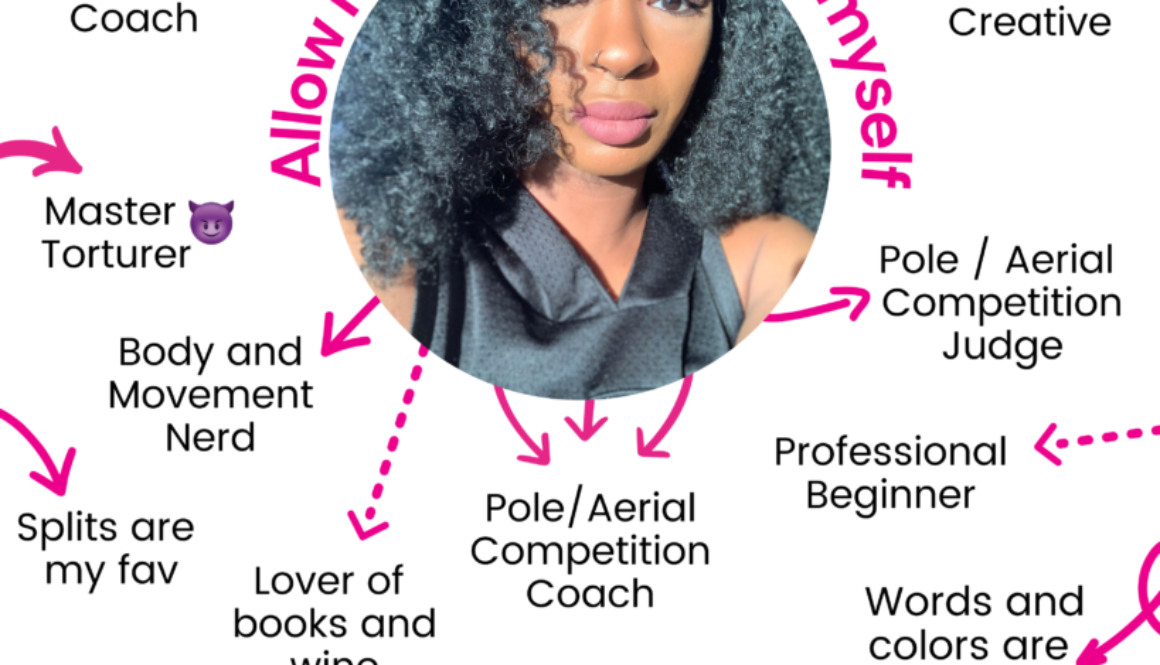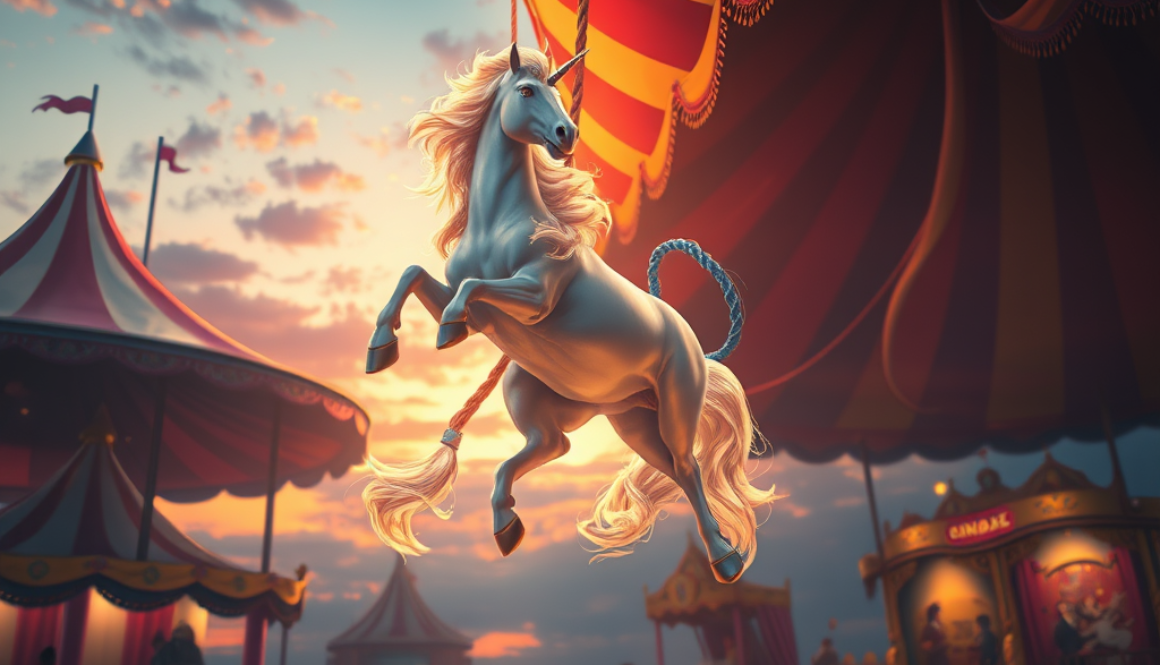Barriers to Competition
There are a lot of great benefits to competing, but there are also a lot of barriers that prevent people from having that experience or having a good experience. Let’s explore just a few of the common barriers that exist in the world of competitive pole and aerial.
- Cost. Competition isn’t cheap. From registration fees to coaching, costume, music editing, hair, makeup, tickets for your friends and family, those costs can add up real quick.
- Time. Prepping for competition requires more time than what most currently spend in classes. Finding additional time in your schedule, taking time off of work or saying no to other opportunities/events can be a challenge and a tradeoff.
- Access. This is big for competitions that aren’t local. In these cases there’s additional logistics and costs around transportation, lodging and scheduling.
- Pathway. Not everyone has a direct pathway to competition. Whether they train at home on their own or are at a studio that doesn’t have a competition team, competitions coaches or other competitors, this lack of a competitive ecosystem can make it hard to get started.
- Coaching. Having access to (or the finances to pay for) knowledgable and experienced competition coaches.
- Knowledge. Each competition has it’s own rules, requirements, scoresheets, code of points and other key information that dictates and helps shape what competitors can and cannot do on stage. Being able to understand, interpret and apply this while still being competitive and creative can be a challenge for new and inexperienced competitors. Additionally, the lack of experience and mentorship from experienced competitors can be a disadvantage.
- Practice Resources. Having regular access to competition-regulation equipment, proper stage setup, training space, body care and other necessary resources interferes with the training process.
- Gender Identification. Some competitions require competitors to compete under their gender assigned at both, while others allow people to compete as who they are.
- Body type concerns and biases. Okay so this one was a BIG one for me when I started competing. Feeling like you need to change your body to be competitive or judged fairly is a serious and valid concern. There are also biases (some unconscious and some not) that can sneak their way onto the judging panel.
- Use of legal name. Many competitions (especially those Olympic-bound) require competitors to register and compete under the legal name. Many people in the corporate world as well as those that prefer to keep their pole/aerial life private are not able to compete under their legal name.
- Pressure to win. Whether self-imposed or imposed externally, the pressure to win to prevent someone from even trying.
12. Lack of representation. When you don’t see anyone who looks like you (racial, gender, socioeconomic groups) on stage or in past competitions, that lack of representation can make you feel like you don’t belong or won’t get a fair chance and assessment.
13. Limited levels/categories. The way that levels are defined, what skills are allowed/restricted, as well as the lack of a para category can be leave potential competitors (and those hoping to level up) without a category or level that suits them and/or their current abilities.

